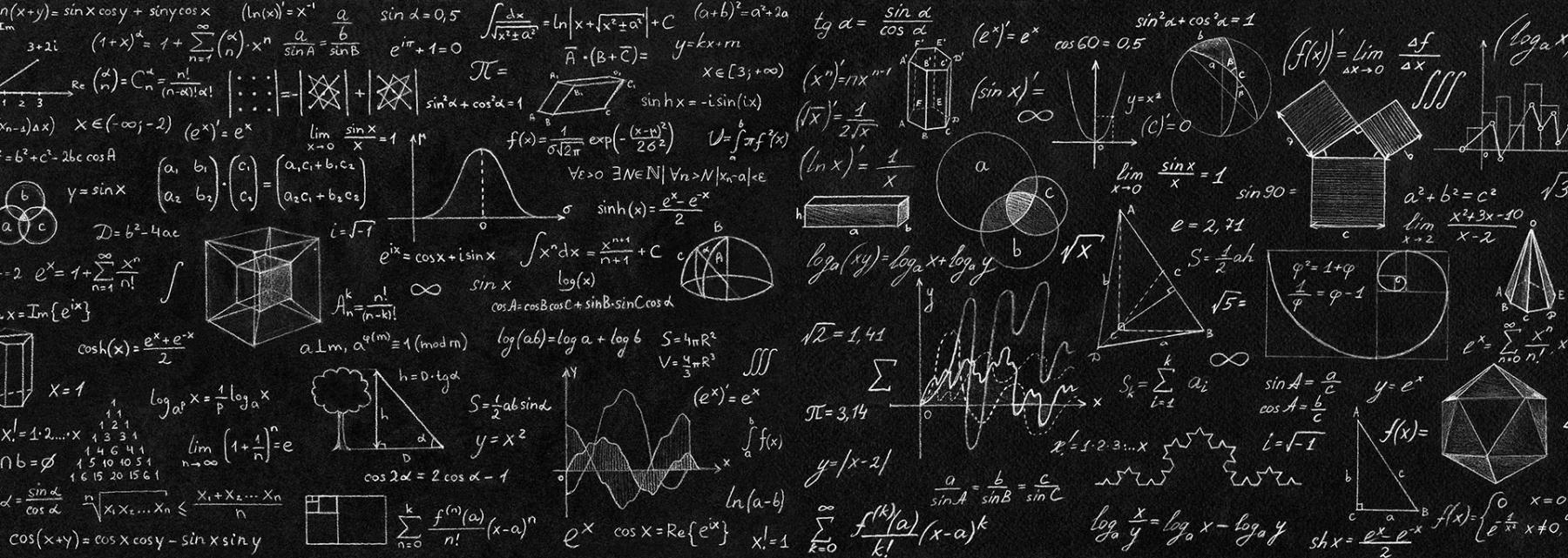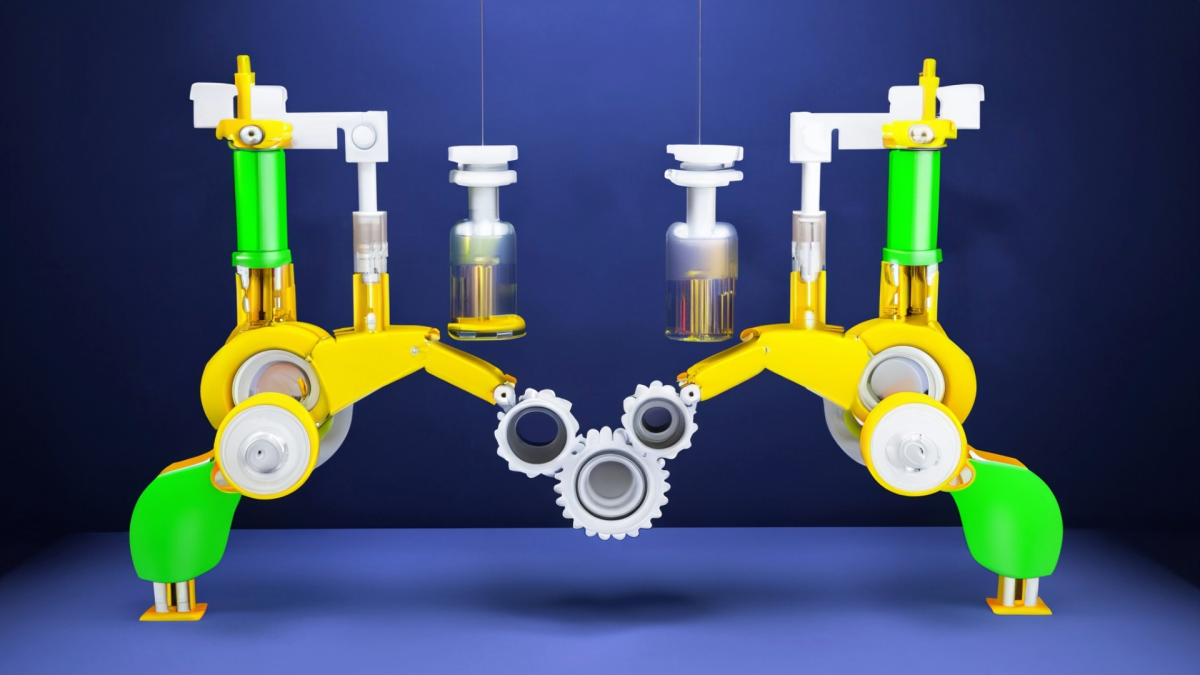
Falling Objects Lab
by Margaret Sullivan
This lesson is designed to have students investigate how objects, of different masses, will be affected when dropped to Earth. The lesson begins with a phenomena video - this video connects the idea of gravity back to Earth processes learned earlier in the school your when learning about the cycling of matter and flow of energy in the geosphere, atmosphere, and hydrosphere. Students will then create and test their hypothesis about how objects of different masses will fall when dropped from the same height. This is student centered, with teacher support mainly occurring when making mathematical connections to Newton's Second Law.
Lesson Grade Level
7th GradeLesson Plan Link/URL
https://docs.google.com/presentation/d/1X9BhwXOy7_w244_R_Rp5vu6Q7CsnCj0j/edit?u…Subject Area
Science Physical Science P3: Net Force Technology 5. Computational Thinker Mathematics Ratio and Proportion (RP) Expressions and Equations (EE) English Language Arts (ELA) Writing Speaking & Listening
Featured
Off
Related Content

Grades:
Kindergarten, 1st Grade, 2nd Grade, 3rd Grade, 4th Grade, 5th Grade, 6th Grade, 7th Grade, 8th Grade, 9th Grade, 10th Grade, 11th Grade, 12th Grade
Button makers are great additions in the classroom! But first, students should learn the history of buttons, about the button machine and how to operate it. Challenge cards provided inspire students

Grades:
2nd Grade
This is a week long review activity to be done outdoors on student devices. Students will complete physical/ outdoor activities and see how math fits into their daily life. This is meant to be done in

Grades:
9th Grade, 10th Grade, 11th Grade, 12th Grade
The first rule in the chemistry lab is “don’t eat or drink or lick anything in the lab”! This lesson breaks those rules and shows students how culinary is really a practical application of chemistry